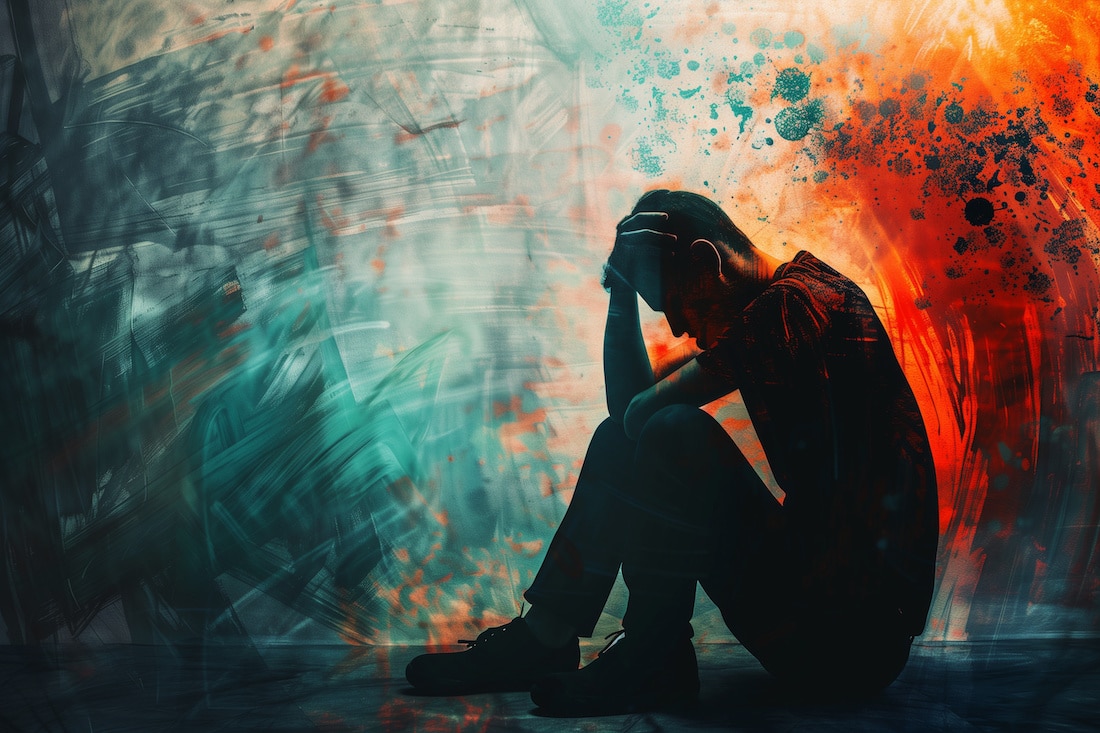 Drug overdoses are a serious risk for the millions of people struggling with drug addiction around the world. Drug overdoses pose a serious health risk and are often fatal. 67,367 people died of a drug overdose in the United States in 2018. The drug epidemic still has a grasp on the United States and shows little signs of slowing down.
Drug overdoses are a serious risk for the millions of people struggling with drug addiction around the world. Drug overdoses pose a serious health risk and are often fatal. 67,367 people died of a drug overdose in the United States in 2018. The drug epidemic still has a grasp on the United States and shows little signs of slowing down.
Understanding drug overdoses is an important step toward making a difference. The more that people understand that addiction is not the result of a lack of self-control, the sooner the growing rates of overdose may slow. Learn more about the signs and effects of an overdose and what you can do to help.
What is an Overdose?
Taking drugs of any kind comes with a serious risk. Most substances can lead to an overdose when abused or mixed with other drugs. Even prescription medications from medical professionals can cause an overdose if taken irresponsibly.
A drug overdose happens when someone takes too much of a substance or combines more substances than their body can handle. Overdoses that occur when someone is alone, or those left untreated, are usually fatal. Those who manage to recover are still at risk of permanent brain damage.
Signs of a Drug Overdose
Drug overdoses happen when a person’s body starts shutting down as a result of taking too much of a substance. There are numerous symptoms and signs of overdose that depend on the type of substance or substances taken.
Opioids
Opioids include drugs like prescription painkillers, heroin, fentanyl, morphine, and codeine. These substances are by far the leading cause of deaths due to drug overdose. Almost 70 percent of the overdose deaths in 2018 involved some type of opioid. Opioids affect the central nervous system to cause a calming effect and relieve pain.
Opioids also slow breathing and heart rate. When someone takes too much, their breathing and heart rate slow down until they stop. If they don’t receive immediate medical attention or aid from an overdose reversal medication, an opioid overdose results in death.
Alcohol
Although alcohol is the most commonly used drug available, drinking too much can result in an overdose. Alcohol overdose, or alcohol poisoning, usually happens after a binge-drinking episode. The effects of alcohol overdose are not as sudden as an opioid overdose but still serious if left untreated.
Signs of alcohol poisoning include vomiting, loss of consciousness, slowed breathing, and slowed heart rate. Someone who passes out while drunk can still reach the point of overdose even after falling asleep. If you worry a person might have alcohol poisoning, you should call for immediate medical attention.
Stimulants
Stimulants, such as cocaine, methamphetamine, or even prescription amphetamines, have the opposite effects of opioids and alcohol. Instead of slowing heart rate and breathing, stimulants send a person’s body into overdrive. If someone takes too many stimulants, they put themselves at risk of a psychotic episode, seizure, stroke, or heart attack.
How to Help Someone Who is Overdosing
Call for emergency medical assistance if you notice someone showing signs of a drug overdose. Sometimes people second-guess the signs of overdose or worry about cost or possible police involvement. It’s always better to seek help than to put off making a call that could save the person’s life.
You may also notice signs of a potential overdose before the person loses consciousness. Symptoms that show the risk of a possible oncoming overdose include:
- Sudden severe headache
- Chest pain
- Breathing difficulties (also snoring or gurgling)
- Extreme paranoia, agitation, or confusion
- Seizures
If someone has any of these symptoms, call for medical attention immediately. They’ll be transported to a hospital to receive the care they need, as well as a recommendation for drug addiction treatment if possible.
Preventing Drug Overdoses
The only true way to prevent drug overdose is to not take drugs. Though abstinence is not a reality for some, there are still preventative measures they can take to avoid an overdose. Mixing substances always increases the risk of overdose. Even drinking alcohol while taking medication may cause an adverse reaction.
Accidental overuse of prescription medication is another overdose risk. People should always understand the exact amount they’re prescribed and never take more than that dose. Prescription medications should never be shared with anyone. They should also be kept locked up and away from children and adolescents.
A medication called Naloxone (prescription name Narcan) reverses the effects of an opioid overdose. Paramedics carry this medication with them and it’s also available to the general public. Naloxone half-life is only 60 to 90 minutes. It’s possible to experience a second overdose if the person takes more opioids after receiving a dose.
Naloxone is good to have on hand if someone you love struggles with addiction. It reverses overdose effects and revives individuals long enough to receive treatment at a hospital or another medical facility.
Treating Drug Addiction
Reversing the effects of an overdose with Naloxone is only the first step toward addressing drug addiction and alcoholism. It doesn’t cure the person or prevent them from returning to using substances. Many people who struggle with drug addiction relapse even after experiencing an overdose.
Addiction treatment programs are one of the most effective ways to treat substance and alcohol use disorder. Specialized treatment facilities understand the struggles of alcoholism and addiction. Using a combination of therapy, case management, education, and more, facilities guide clients through their first few months of recovery.
If you or someone you love struggle with alcohol or drug addiction, help is available. Call us today at (866) 497-7384 or fill out the form below. Our admissions counselors are available to guide you through the process of finding a program that is right for you.



